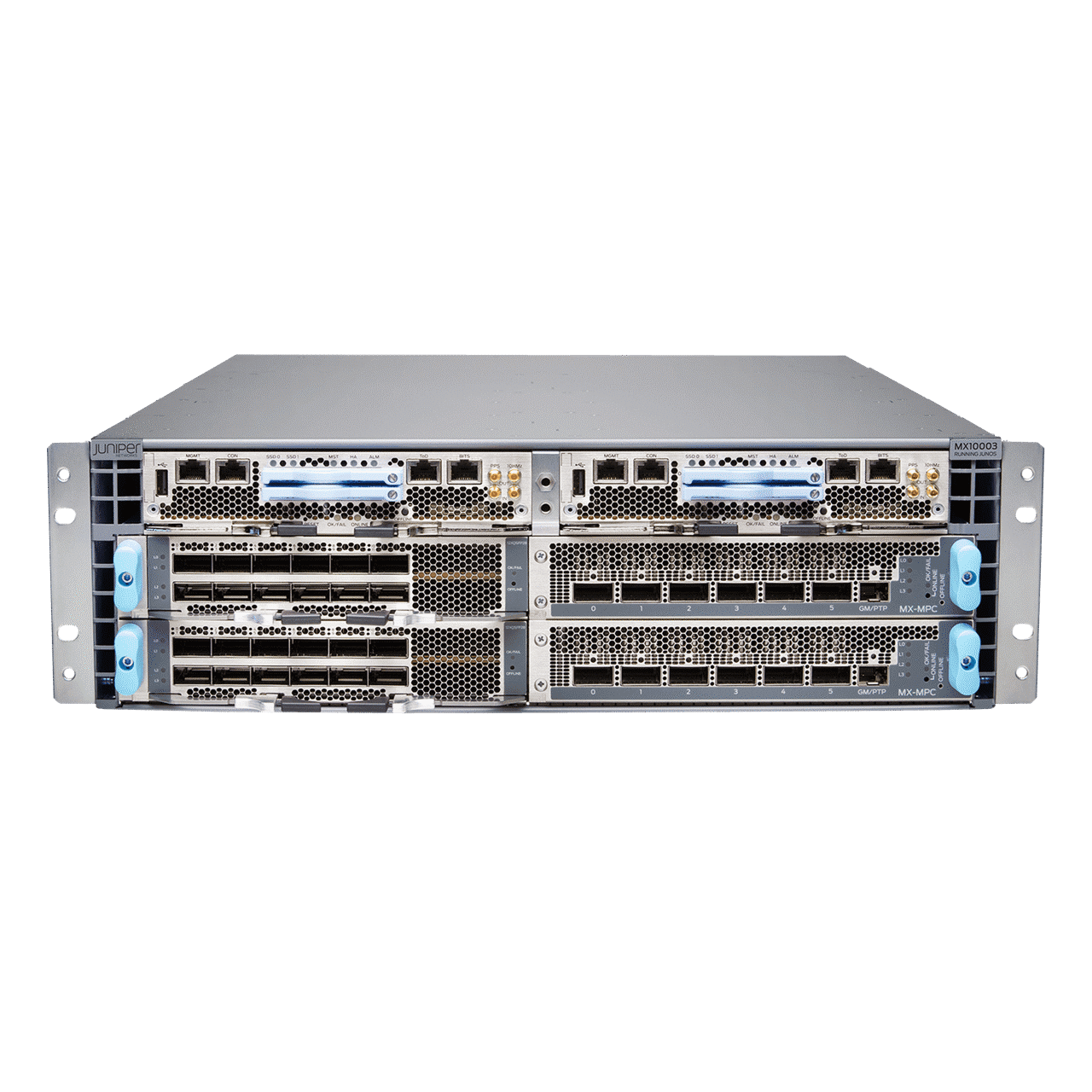Customer Success Story

Asia’s Research Hub Expands Its Global Reach with High-Speed Connectivity
Data is changing the nature of scientific discovery. Scientists at Hong Kong’s universities are among the leaders in this new digital era of research. Their work relies on being able to access and analyze unimaginably large amounts of data, not just within Hong Kong but also with their peers in other parts of Asia, North America, and Europe. The Joint Universities Computer Centre (JUCC) built an infrastructure, powered by Juniper, to ensure the high-speed exchange of information with researchers around the world.
Overview
| Company | Joint Universities Computer Centre (JUCC) |
| Industry | Education |
| Products used | MX10003 |
| Region | APAC |

Business Challenge
Research and education (R&E) network connectivity is crucial for the scientists at Hong Kong’s public universities. Data sets that take hours or even days to transfer impede their scientific progress. With space and power at a premium in Hong Kong, JUCC needed a compact solution that would provide high-speed connectivity, high density, and energy efficiency.
Global Open Exchange, Ultra Efficiency
To connect researchers at Hong Kong’s universities with their peers around the world, JUCC built the 100-Gbps Hong Kong Open eXchange infrastructure. It’s powered by the high-density, energy-efficient Juniper MX10003 Universal Routing Platform. The MX10003 allows the scientists to conduct more data-intensive research in a shorter timeframe than they could do before.
Business Results
The open exchange helped scientists at Hong Kong’s public universities take their research to the next level. Along with being space- and energy-efficient, the new 100-Gbps infrastructure:
- Improved global research collaboration in data-intensive fields such as high-energy physics, genomics, and public health.
- Provided researchers in Hong Kong access to the top supercomputers globally.
- Paved the way for thousands of scientists to make new discoveries faster.























